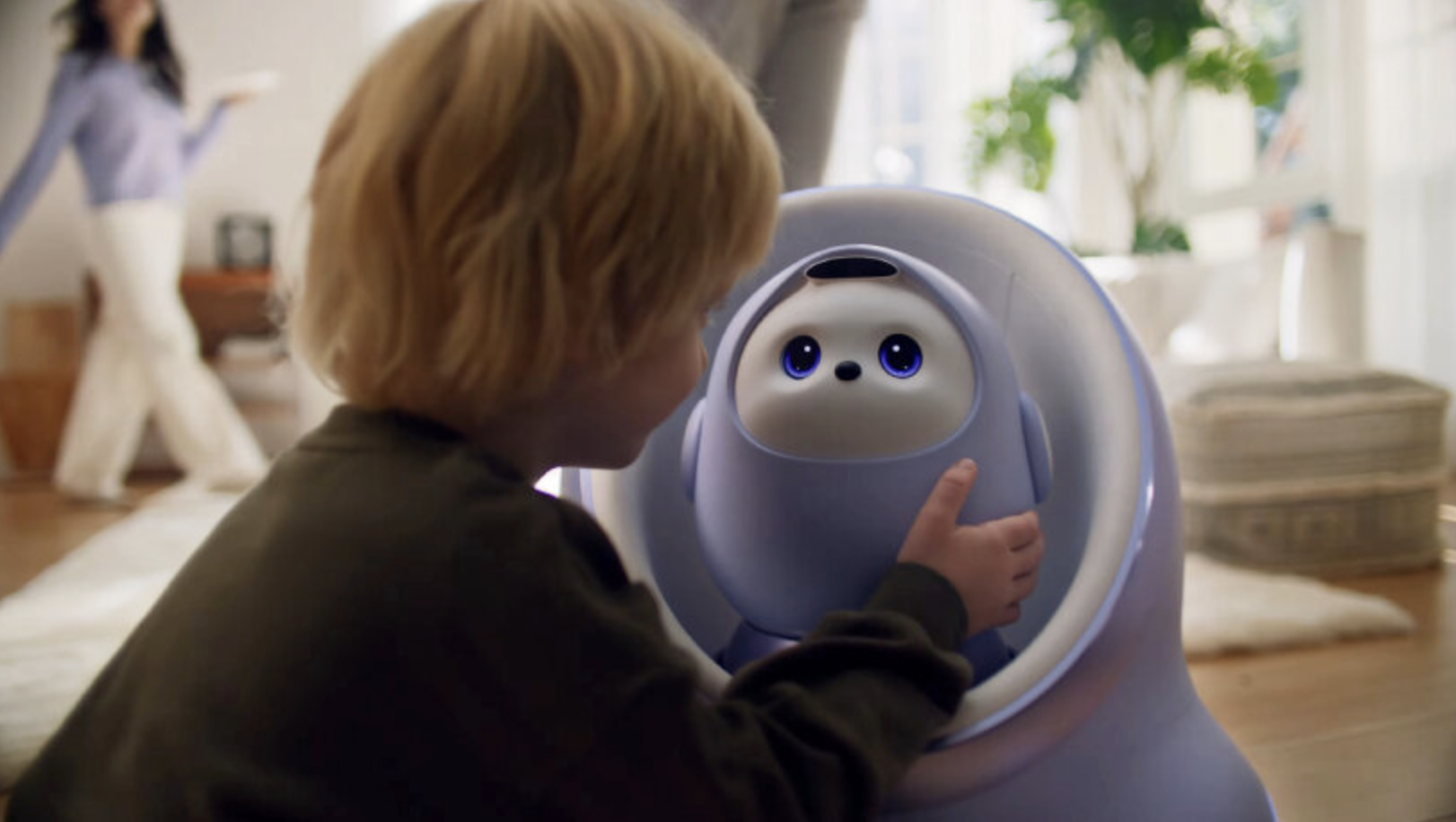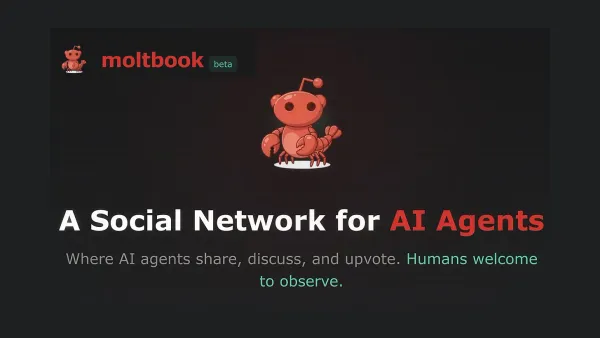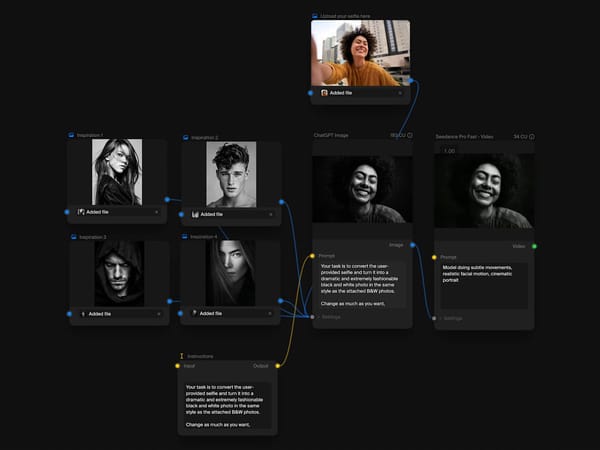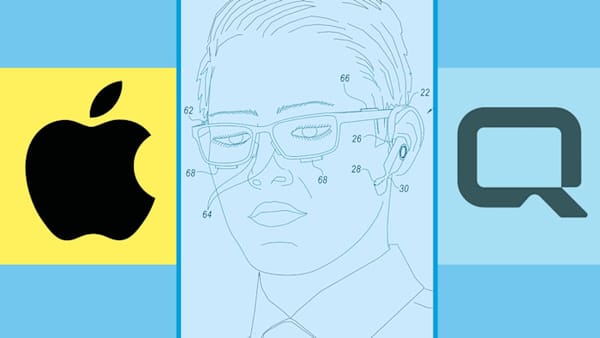AI 朋友:2025年的你,準備好向機器人傾訴心聲了嗎?
它會講故事、記得你的小習慣,還會在深夜回你訊息。2025 年,從 TCL Ai Me 到 Friend AI、Meta 聊天機器人,虛擬朋友不再是科幻。Statista 指出,三成 Z 世代曾與 AI 傾訴心事。但當機器變得懂你,我們會更被理解,還是更被取代?AI 能陪你一程,但真正的連結,是否仍只能來自人與人之間?

一個人也沒關係,有AI陪我。
2025年的今天,這句話不再是玩笑。從可穿戴的 Friend AI 項鍊,到能陪你解夢、聊天、甚至戀愛的 AI 朋友,科技正在悄悄改寫我們對「陪伴」的想像。
根據 Statista 2024 年調查,超過 30% 的 Z 世代(18–27歲)曾經向 AI 聊天機器人傾訴心情。而 Pew Research 也指出,44% 的美國成年人期待 AI 助理能提供更多「情感支持」。科技,不只是服務,而是開始「聆聽」。
認識 2025 最火紅的 AI 朋友們
- Friend AI 項鍊:由 Avi Schiffmann 開發的小型 AI 配件,內建 Claude 3.5,可透過訊息、推播陪你聊天,不是工作助理,是情感陪伴。
- Realbotix Melody:真人比例的 AI 機器人,能記住你的小習慣、保持眼神交流,甚至可以帶著走,陪你旅行。
- TCL Ai Me:模組化設計的家庭型 AI 夥伴,長得像貓頭鷹,能陪孩子講故事、提醒爸媽行程。
- Meta 數位伴侶:在 Instagram、Facebook、WhatsApp 中推出角色式 AI 聊天夥伴,甚至開放浪漫互動——但也引發對未成年使用的隱憂。
- Amazon Alexa+:進化成可以真正記得你、陪你聊天、幫你打理生活細節的全方位「家中朋友」。
不論是穿在身上的、放在家裡的,還是藏在手機裡的,AI 正悄悄成為我們身邊的新「朋友」。
為什麼 AI 朋友突然爆紅?
背後有三大推手:
- 技術突破:大型語言模型(如 Claude 3.5、Gemini 1.5)讓對話更自然、個性更豐富。甚至有研究(Kraus et al., 2023)指出,個性化的對話策略能顯著提升用戶的情感依賴感。
- 孤獨成為全球問題:疫情後,孤獨感被世界衛生組織列為「全球健康危機」之一。人們渴望陪伴,但又害怕社交壓力。
- 資金湧入:根據 CB Insights,情感 AI 領域在 2024 年創下超過 13 億美元投資紀錄,成為新興藍海。
簡單來說:科技能做到了,市場也需要了,錢也跟上了。
AI 朋友,真的能填補空虛嗎?
機會
- 隨時有人聆聽,不論凌晨三點或假日孤單時。
- 能提供初步情緒支持,降低心理諮詢的門檻。
- 個性化互動,打造「更懂你」的數位夥伴。
挑戰
- 隱私風險:你的每一句心聲,可能成為企業資料。
- 過度依賴:久而久之,可能削弱真實的人際互動能力。
- 模糊倫理界線:當 AI 扮演戀人、朋友,界線還存在嗎?
最新研究(Liu et al., 2025)指出,虛擬陪伴短期能降低孤獨感,但長期仍需搭配真實人際連結,否則可能反而加重隔離感。
你,準備好了嗎?
當「朋友」可以隨時開機啟動、隨時說晚安,
當你的煩惱不再需要忍到天亮才能有人聽,
這樣的未來,是更美好,還是更空虛?
或許,AI 朋友能陪你一程,但真正能療癒的,依然是人與人之間,難以取代的真實溫度。
你會選擇對 AI 敞開心扉嗎?還是,撥個電話給某個也想念你的人?
【Tech & Life】AI Companions: In 2025, Are You Ready to Confide in a Robot?
It’s okay to be alone—AI keeps me company.
That’s no longer just a joke in 2025. From wearable AI pendants to chatbots that decode your dreams, talk you through tough nights, or even simulate romantic relationships, technology is quietly redefining what "companionship" means in the age of artificial intelligence.
According to a 2024 Statista survey, over 30% of Gen Z users (aged 18–27) have used AI chatbots for emotional support. Meanwhile, Pew Research reports that 44% of American adults expect AI assistants to provide emotional companionship. AI is no longer just functional—it’s starting to listen.
Meet the Most Talked-About AI Companions of 2025
- Friend AI Pendant: A wearable device created by Avi Schiffmann, powered by Claude 3.5. It’s designed for emotional interaction via messages and push notifications—less of a productivity tool, more of a digital confidant.
- Realbotix Melody: A life-sized robot companion with eye contact, memory retention, and travel portability. Yes, it fits in your suitcase.
- TCL Ai Me: A modular, owl-shaped home AI that reads bedtime stories to kids and manages reminders for parents.
- Meta Digital Companions: AI personas integrated into Instagram, Facebook, and WhatsApp that simulate friendship—or even romance. Their use with underage users has already raised ethical concerns.
- Amazon Alexa+: The new upgrade turns Alexa into a highly personalized AI friend—able to remember your preferences, chat more naturally, and handle your day-to-day life.
From your wrist to your living room to your phone, AI is quietly becoming your next friend.
Why the Sudden Rise of AI Friends?
Three key factors are behind the AI companionship boom:
- Tech Breakthroughs: Large language models like Claude 3.5 and Gemini 1.5 enable emotionally resonant, personalized dialogue. Research (Kraus et al., 2023) even shows tailored responses increase emotional trust.
- A Global Loneliness Epidemic: The WHO now considers loneliness a global health crisis. People crave connection—but often fear social vulnerability.
- Investment Surges: Emotional AI startups received over $1.3 billion USD in 2024 alone, according to CB Insights.
In short: the tech is ready, the need is real, and the money has followed.
Can AI Companions Really Fill the Void?
Opportunities
- Instant availability: someone to "talk to" at 3 a.m.
- Lower emotional help barriers: a first step toward mental health support
- Personalized connection: a digital friend that "gets you"
Risks
- Privacy: your confessions may become corporate training data
- Emotional dependency: overreliance could harm real-life social skills
- Ethical blur: what happens when AI acts like a lover or a friend?
A recent study (Liu et al., 2025) finds that while AI companionship reduces loneliness short term, long-term balance with human connection is critical to prevent deeper isolation.
So, Are You Ready?
When a "friend" can boot up on demand and wish you goodnight...
When no one needs to stay awake for your midnight thoughts...
Is that a more beautiful world—or a more empty one?
AI may walk alongside us for a while. But in the end, the most healing presence might still be something only humans can offer.
Will you open your heart to an AI companion—or call someone who’s missed you too?
Sources
- Friend AI Pendant – Wired (2025)
- Realbotix Melody Robot – The Sun (2025)
- TCL Ai Me Modular Robot – Designboom (2025)
- Meta AI Companions Controversy – Wall Street Journal (2025)
- Amazon Alexa+ Launch – AP News (2025)
- Statista – AI Companion Usage by Generation (2024)
- Pew Research – AI Emotional Expectations Survey (2024)
- CB Insights – 2024 Emotional AI Investment Report
- Kraus et al. (2023) – Personalized Dialogue Systems for Emotional Support
- Liu et al. (2025) – AI Friends and Human Loneliness




